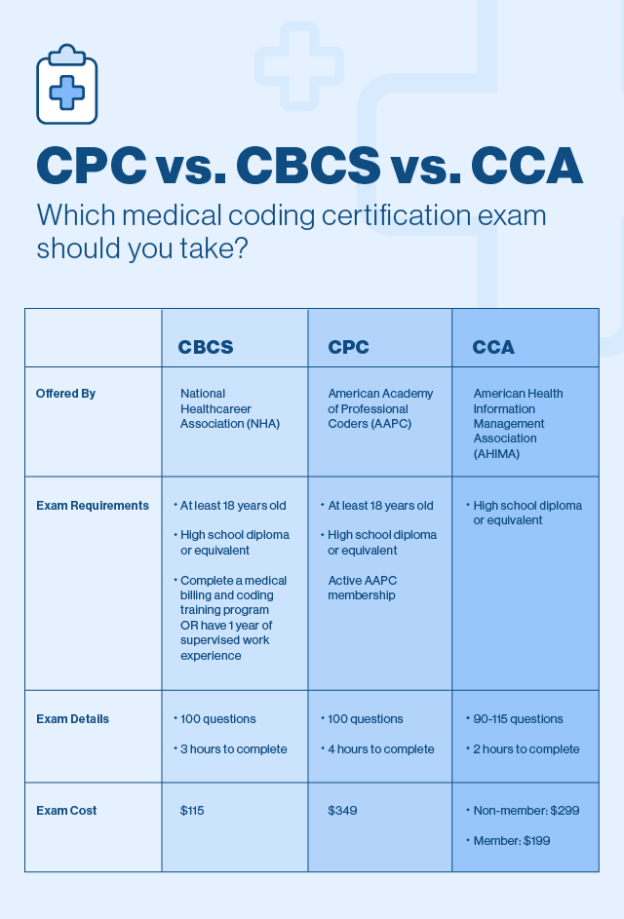In the dynamic field of healthcare, obtaining the right certification in medical billing and coding is crucial for career advancement and professional success. With a myriad of options available, it can be overwhelming to navigate through the different types of certifications. This article aims to provide a concise overview of the various types of medical billing and coding certifications, equipping you with the knowledge to make an informed decision and propel your career forward.
Certified Professional Coder (CPC)
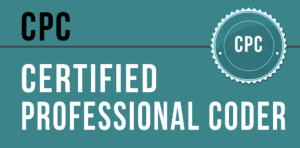
Overview
The Certified Professional Coder (CPC) certification is one of the most widely recognized certifications in the healthcare industry. As a CPC, you are equipped with the necessary skills and knowledge to accurately assign codes in medical billing and coding. This certification demonstrates your expertise in coding guidelines and regulations.
Requirements
To become a CPC, you must meet certain requirements. These include a high school diploma or equivalent, completion of a medical coding program, and at least two years of professional coding experience. Additionally, you need to submit an application and pay the necessary fees. Once these requirements are met, you can register for the CPC exam.
Exam
The CPC exam is a rigorous test that assesses your coding knowledge and proficiency. It consists of multiple-choice questions that cover various topics such as anatomy, medical terminology, and coding guidelines. The exam evaluates your ability to accurately assign codes and understand documentation requirements. Passing the CPC exam demonstrates your competence in medical coding and opens up numerous job opportunities.
Job Opportunities
Obtaining the CPC certification opens doors to a wide range of job opportunities in the healthcare industry. With this certification, you can work in hospitals, clinics, physician offices, and insurance companies. As a CPC, you may find yourself in roles such as medical coder, coding auditor, medical billing specialist, or coding compliance officer. The demand for CPCs continues to grow, making it a valuable and rewarding certification to pursue.
Certified Coding Specialist (CCS)
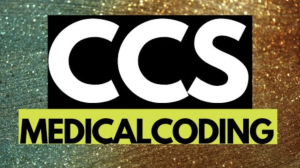
Overview
The Certified Coding Specialist (CCS) certification is specifically designed for professionals working in the inpatient coding setting. As a CCS, you possess the necessary skills to assign codes accurately for diagnoses, procedures, and conditions in hospital settings.
Requirements
Becoming a CCS requires meeting certain requirements. These include a high school diploma or equivalent, completion of a medical coding program, and at least two years of professional coding experience. Additionally, you need to submit an application and pay the necessary fees. Once these requirements are met, you can register for the CCS exam.
Exam
The CCS exam is a comprehensive test that evaluates your knowledge and proficiency in inpatient coding. It consists of multiple-choice questions and case studies that assess your ability to assign accurate codes and understand coding guidelines specific to hospital settings. Passing the CCS exam demonstrates your expertise in inpatient coding and opens up career growth opportunities.
Career Growth
Obtaining the CCS certification can lead to significant career growth opportunities. As a CCS, you can advance your career in hospital coding departments, medical billing companies, or healthcare consulting firms. With this certification, you can pursue roles such as coding supervisor, coding auditor, or coding compliance manager. The CCS certification showcases your expertise in inpatient coding and positions you for success in the field.
Certified Professional Biller (CPB)

Overview
The Certified Professional Biller (CPB) certification is focused on the billing aspect of medical coding. As a CPB, you possess the skills and knowledge to accurately process and submit medical claims for reimbursement.
Requirements
To become a CPB, you must meet certain requirements. These include a high school diploma or equivalent, completion of a medical billing program, and at least two years of professional billing experience. Additionally, you need to submit an application and pay the necessary fees. Once these requirements are met, you can register for the CPB exam.
Exam
The CPB exam is designed to assess your knowledge and proficiency in medical billing. It covers topics such as healthcare reimbursement systems, coding regulations, and billing procedures. Passing the CPB exam demonstrates your expertise in medical billing and opens up opportunities to work in billing departments of healthcare organizations or medical billing companies.
Specializations
As a CPB, you can choose to specialize in various areas of medical billing. These specializations include hospital billing, physician billing, and insurance billing. By specializing in a specific area, you can enhance your career prospects and increase your earning potential. The CPB certification provides a solid foundation for specializing in different aspects of the medical billing field.
Certified Outpatient Coder (COC)
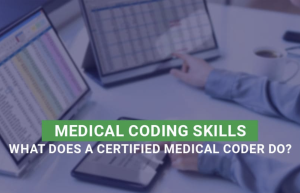
Overview
The Certified Outpatient Coder (COC) certification is specifically designed for professionals working in outpatient settings. As a COC, you possess the skills and knowledge to accurately assign codes for medical procedures and services provided in outpatient facilities.
Requirements
To become a COC, you must meet certain requirements. These include a high school diploma or equivalent, completion of a medical coding program, and at least two years of professional coding experience in outpatient settings. Additionally, you need to submit an application and pay the necessary fees. Once these requirements are met, you can register for the COC exam.
Exam
The COC exam evaluates your proficiency in outpatient coding. It consists of multiple-choice questions that cover various outpatient coding scenarios. The exam assesses your ability to accurately assign codes and understand documentation requirements specific to outpatient settings. Passing the COC exam demonstrates your expertise in outpatient coding and your knowledge of reimbursement processes in outpatient facilities.
Reimbursement Knowledge
As a COC, you are expected to have a strong understanding of reimbursement processes in outpatient settings. This includes knowledge of different payment systems, such as Medicare, Medicaid, and private insurance. Understanding the intricacies of reimbursement ensures accurate coding and optimal reimbursement for healthcare facilities. The COC certification equips you with the necessary skills and knowledge to excel in outpatient coding and reimbursement.
Certified Inpatient Coder (CIC)
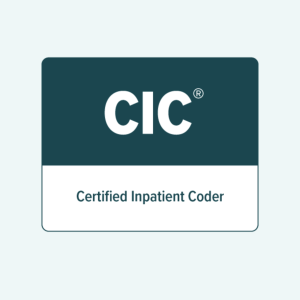
Overview
The Certified Inpatient Coder (CIC) certification is designed for professionals working in the inpatient coding field. As a CIC, you possess the skills and knowledge to accurately assign codes for diagnoses, procedures, and conditions in hospital inpatient settings.
Requirements
To become a CIC, you must meet certain requirements. These include a high school diploma or equivalent, completion of a medical coding program, and at least two years of professional coding experience in inpatient settings. Additionally, you need to submit an application and pay the necessary fees. Once these requirements are met, you can register for the CIC exam.
Exam
The CIC exam evaluates your proficiency in inpatient coding. It consists of multiple-choice questions and case studies that assess your ability to assign accurate codes and understand coding guidelines specific to inpatient settings. Passing the CIC exam demonstrates your expertise in inpatient coding and your ability to navigate complex medical documentation.
Medical Terminology Proficiency
As a CIC, you are expected to have a strong grasp of medical terminology. Inpatient coding often involves complex medical conditions and procedures, and understanding medical terminology is essential for accurate coding. The CIC certification ensures that you have the necessary knowledge and proficiency in medical terminology to excel in the inpatient coding field.
Certified Professional Compliance Officer (CPCO)
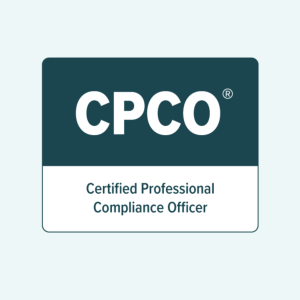
Overview
The Certified Professional Compliance Officer (CPCO) certification is focused on compliance with healthcare regulations and billing practices. As a CPCO, you possess the skills and knowledge to ensure that healthcare organizations comply with applicable laws and regulations.
Requirements
To become a CPCO, you must meet certain requirements. These include a high school diploma or equivalent, completion of a compliance officer training program, and at least two years of professional experience in compliance or healthcare administration. Additionally, you need to submit an application and pay the necessary fees. Once these requirements are met, you can register for the CPCO exam.
Exam
The CPCO exam evaluates your knowledge and proficiency in healthcare compliance. It covers topics such as healthcare laws and regulations, compliance auditing, and risk assessment. The exam assesses your ability to identify compliance risks, develop compliance programs, and ensure adherence to regulations. Passing the CPCO exam demonstrates your expertise in healthcare compliance and positions you for roles such as compliance officer or compliance manager.
Billing Compliance Knowledge
As a CPCO, you are expected to have a deep understanding of billing compliance. This includes knowledge of coding and billing regulations, reimbursement processes, and documentation requirements. Understanding billing compliance is crucial to prevent fraud, waste, and abuse in healthcare billing practices. The CPCO certification equips you with the necessary knowledge and skills to ensure billing compliance in healthcare organizations.
Certified Risk Adjustment Coder (CRC)
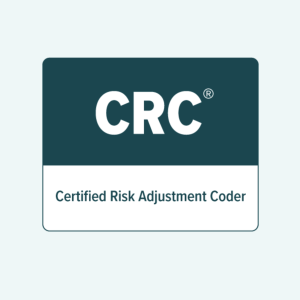
Overview
The Certified Risk Adjustment Coder (CRC) certification is specifically focused on risk adjustment coding. As a CRC, you possess the skills and knowledge to accurately assign codes for diagnoses and conditions that impact patient risk scores.
Requirements
To become a CRC, you must meet certain requirements. These include a high school diploma or equivalent, completion of a risk adjustment coding program, and at least two years of professional coding experience. Additionally, you need to submit an application and pay the necessary fees. Once these requirements are met, you can register for the CRC exam.
Exam
The CRC exam evaluates your proficiency in risk adjustment coding. It consists of multiple-choice questions that cover various risk adjustment coding scenarios. The exam assesses your ability to accurately assign codes and understand risk adjustment methodologies. Passing the CRC exam demonstrates your expertise in risk adjustment coding and positions you for roles in healthcare organizations or insurance companies specializing in risk adjustment.
Risk Adjustment Coding
As a CRC, your focus is on accurately assigning codes that reflect the severity and complexity of patient conditions. Risk adjustment coding plays a crucial role in determining reimbursement from insurance companies and government payers. Understanding risk adjustment methodologies and coding guidelines is essential for accurate coding and appropriate reimbursement. The CRC certification equips you with the necessary skills and knowledge to excel in risk adjustment coding.
Certified Professional Medical Auditor (CPMA)
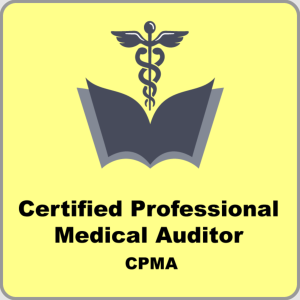
Overview
The Certified Professional Medical Auditor (CPMA) certification is focused on auditing medical coding and billing practices. As a CPMA, you possess the skills and knowledge to conduct thorough audits to ensure compliance with coding and billing regulations.
Requirements
To become a CPMA, you must meet certain requirements. These include a high school diploma or equivalent, completion of a medical coding or billing program, and at least two years of professional coding or billing experience. Additionally, you need to submit an application and pay the necessary fees. Once these requirements are met, you can register for the CPMA exam.
Exam
The CPMA exam evaluates your knowledge and proficiency in medical auditing. It covers topics such as audit procedures, documentation requirements, and coding guidelines. The exam assesses your ability to identify coding and billing errors, conduct audits, and provide recommendations for improvement. Passing the CPMA exam demonstrates your expertise in medical auditing and positions you for roles as a coding auditor or compliance auditor.
Audit Procedures
As a CPMA, you are expected to have a thorough understanding of audit procedures and methodologies. Medical auditing involves reviewing medical records, claims, and documentation to ensure compliance with coding and billing regulations. Understanding audit procedures is essential for identifying potential errors or fraudulent activities. The CPMA certification equips you with the necessary skills and knowledge to conduct effective and efficient audits.
Certified Professional Compliance Auditor (CPCA)

Overview
The Certified Professional Compliance Auditor (CPCA) certification focuses on auditing healthcare organizations for compliance with applicable laws and regulations. As a CPCA, you possess the skills and knowledge to conduct comprehensive compliance audits and ensure adherence to regulatory requirements.
Requirements
To become a CPCA, you must meet certain requirements. These include a high school diploma or equivalent, completion of a compliance auditor training program, and at least two years of professional experience in compliance or healthcare administration. Additionally, you need to submit an application and pay the necessary fees. Once these requirements are met, you can register for the CPCA exam.
Exam
The CPCA exam evaluates your knowledge and proficiency in compliance auditing. It covers topics such as healthcare laws and regulations, audit procedures, and risk assessment. The exam assesses your ability to identify compliance risks, conduct comprehensive audits, and develop corrective action plans. Passing the CPCA exam demonstrates your expertise in compliance auditing and positions you for roles as a compliance auditor or compliance manager.
Compliance Auditing
As a CPCA, your focus is on ensuring that healthcare organizations comply with applicable laws and regulations. Compliance auditing involves reviewing policies, procedures, and practices to identify areas of non-compliance and make recommendations for improvement. Understanding the intricacies of compliance auditing is crucial for maintaining ethical and compliant practices in healthcare organizations. The CPCA certification equips you with the necessary skills and knowledge to excel in compliance auditing.
Certified Professional Medical Coding Auditor (CPMCA)

Overview
The Certified Professional Medical Coding Auditor (CPMCA) certification is specifically designed for professionals specializing in medical coding audits. As a CPMCA, you possess the skills and knowledge to conduct comprehensive coding audits and ensure compliance with coding guidelines and regulations.
Requirements
To become a CPMCA, you must meet certain requirements. These include a high school diploma or equivalent, completion of a medical coding program, and at least two years of professional coding experience. Additionally, you need to submit an application and pay the necessary fees. Once these requirements are met, you can register for the CPMCA exam.
Exam
The CPMCA exam evaluates your knowledge and proficiency in medical coding audits. It covers topics such as coding audit principles, documentation requirements, and coding guidelines. The exam assesses your ability to identify coding errors, conduct thorough audits, and provide recommendations for improvement. Passing the CPMCA exam demonstrates your expertise in medical coding audits and positions you for roles as a coding auditor or compliance auditor.
Coding Audit Principles
As a CPMCA, you are expected to have a solid understanding of coding audit principles. Medical coding audits involve reviewing medical records, coding practices, and documentation to ensure compliance with coding guidelines and regulations. Understanding coding audit principles is essential for identifying coding errors, providing education to coding professionals, and mitigating compliance risks. The CPMCA certification equips you with the necessary skills and knowledge to excel in medical coding audits.
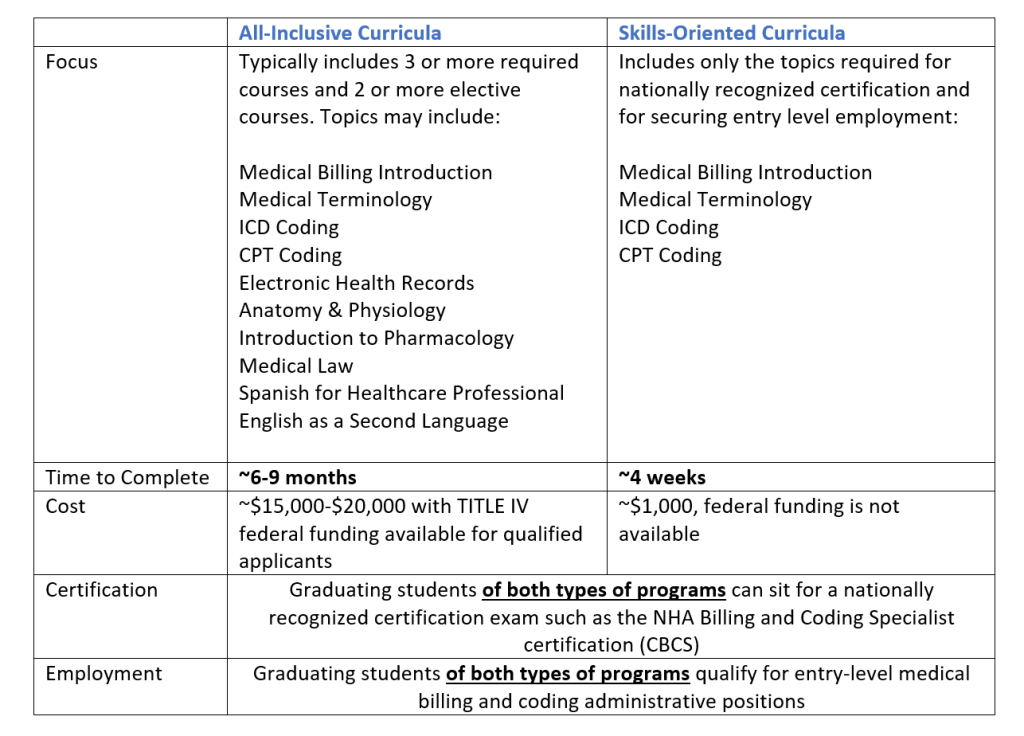
This image is property of uploads-ssl.webflow.com.
